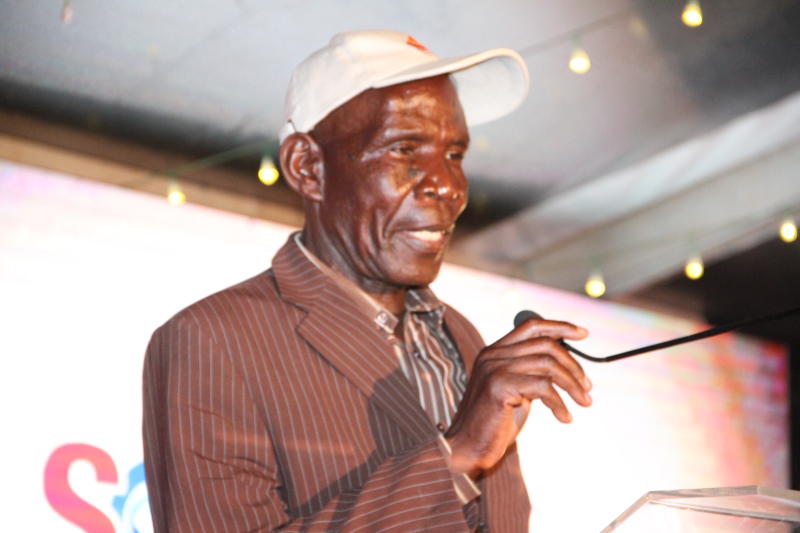×
The Standard e-Paper
Smart Minds Choose Us

"When you go home, tell them of us and say, for your tomorrow, we gave our today," reads parts of an imagined posthumous plea from African soldiers who were killed during World War One.
There are no graves or names of the Africans who perished during the 1914-1918 intense fighting between British and German soldiers, a tragic experience that East Africa's oldest newspaper The Standard reported.